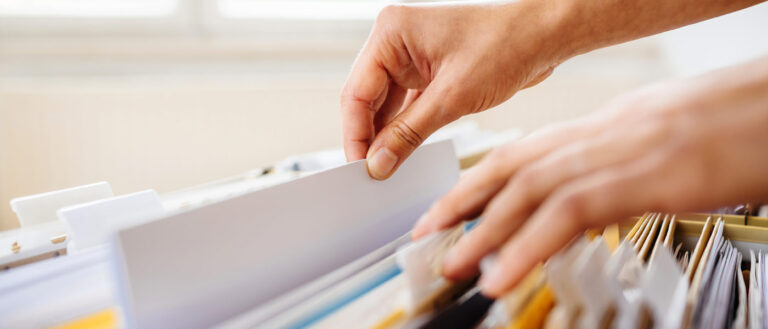September is National Preparedness Month, a time to consider how to stay safe in the face of potential disasters. To help members of the Case Western Reserve University community be prepared, The Daily teamed up with the Office of Resiliency to share safety tips throughout the month.
So far, we’ve covered the types of disasters you should prepare for and how to assemble an emergency supply kit. This week, we’ll turn our attention to ways you can prepare that are of little or no cost to you.
Though you can’t always avoid a disaster, you can stay prepared for one by signing up for public alerts and safe-guarding important documents. These precautions, among other low-cost, no-cost preparedness measures can keep you ready for the unexpected.
Staying safe also means staying informed. Receiving timely information during an emergency or severe weather event can make all the difference. Warning and alert systems that can assist with this include:
- Wireless Emergency Alerts (WEA)
- NOAA Weather Radio (NWR)
- Local jurisdiction emergency notification systems
- CWRU’s Rave
- Cuyahoga County’s ReadyNotify
- Mobile apps with local alert functions
In addition to staying informed during a disaster, having immediate access to your financial and medical records after the disaster strikes is critical. Taking the time to safeguard these documents will help reduce stress following a disaster.
Here is a list of important documents that you should protect:
Household identification
- Vital records (birth, marriage, divorce and child custody papers)
- Passport, driver’s license, social security card, green card, military service identification and other similar documents
- Pet ownership papers and identification tags
Financial and legal documentation
- Housing: Lease or rental agreement, mortgage, home or equity line of credit, deed
- Vehicle: Loan documents, VIN, registration, title
- Other financial obligations: Utility bills, credit cards, student loans, alimony, child support, elder care, automatic payments such as gym memberships
- Financial accounts: Checking, savings, debit cards, retirement, investment insurance
- Policies: Homeowners, renters, auto, life, flood, appraisals, photos, lists of valuable items
- Sources of income: Pay stubs, government benefits, alimony, child support
- Tax statements: Federal/state income tax returns, property tax, vehicle tax
- Estate planning: Will, trust, power of attorney
Medical information
- Health/dental insurance, Medicare, Medicaid, VA health benefits
- List of medications, immunizations, allergies, prescriptions, medical equipment and devices, pharmacy information
- Living will, medical power of attorney
- Caregiver agency contract or service agreement
- Disabilities documentation
- Contact information for doctors/specialists, dentists, pediatricians, veterinarians
Emergency or hotline contact information
- Employers/supervisors
- Schools
- Houses of worship
- Social service providers
- Homeowners associations
- Home repair services: Utilities, plumber, roofer, carpenter, electrician
Valuables and priceless personal items
- Priceless personal mementos, family photos, keepsakes
- Possessions with monetary value, including jewelry, art and collectibles
Continue following The Daily throughout September to learn more tips for staying prepared. In the meantime, review the university’s emergency preparedness guidance online.

